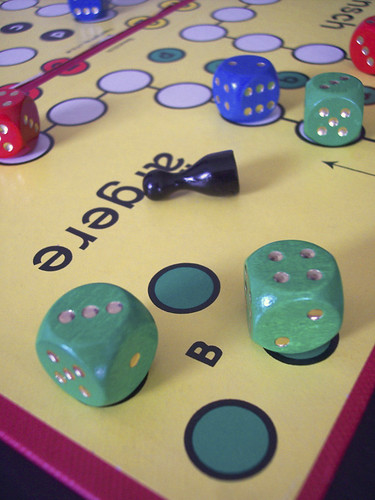No, really, it is! You don't believe me? Maybe by the end of the article you'll see what I mean.
My kids love brussels sprouts.
Truly, they do. They like them steamed and mushy with salt (weird, huh?) and they like them roasted and crispy. But they didn't always like brussels sprouts. In fact the first couple times I served brussels sprouts, I was met with several yucky expressions. "You want us to eat that?!?!" Yes, I do. They didn't believe me and they couldn't bare to try even one. Well, the baby tried one but he'll eat anything 'cause he doesn't know better.
So I told them a story about brussels sprouts.
It's an old family story involving a dragon, several poor villagers who were eaten by said dragon, and a young boy who convinces the dragon to eat brussels sprouts in place of villagers and saves the day. By the end of the story, my kids were a bit more interested but still not willing to try any. No matter, my husband and I (and the baby) enjoyed them and said no more.
I served them again a couple more times. Each time, the kids wanted the story again. And each time the yucky expressions were a little less yucky and I could tell they were considering taking a bite. But no - not yet. My kids are extremely picky. My oldest son didn't try any new foods between the ages of 2 and 6. I am not exaggerating about this!
What does this have to do with German?I promise, I'm getting to that part. Just bear with me.
So I just waited and kept serving brussels sprouts every now and then. Then one glorious day, my middle son decided to try one. He pronounced it "all right." I was ecstatic! What a fabulous breakthrough. Through no pressure on my part, he had taken the step to put a vile sprout into his mouth and lived to tell about it.
After that, it was all downhill. Pretty soon everyone was munching happily on sprouts (and asking for the story again). My middle son tells me they are his favorite food.
Starting German with some kids is a lot like trying brussels sprouts.
They may complain that they don't like it, it's too hard, or they don't understand anything. They may say it's stupid or why should they learn it anyway or none of their friends speak it.
Keep on "feeding" them.Keep speaking German to them or reading them books or playing German CDs in the car, and pretty soon they will relax and understand a bit and all of a sudden they won't hate it any more. They may even start to think it's pretty cool.
Make it fun and interestingMy dragon story was a big help in bridging the gap toward making brussels sprouts less alien and a tiny bit interesting. You can try and make German fun and interesting for your kids. Tell them stories about when you learned German. Do you have any quirky German relatives? Ever made any embarrassing mistakes in German? They will love this stuff and it will make them motivated to hear and learn more.
Why do some kids need so much start-up time to become comfortable with German?If German is brand new to your child or he has only been getting irregular doses, it will be hard for him. And when things are hard, we complain. It's just human nature. With any kind of new skill, the brain races to process all the information and struggles to keep up and make sense of it all. This is hard work.
But little by little, especially if you are speaking regularly, things will start to make sense. Magically, it won't be so hard for him any more. He may even find that he likes listening to German or thinks it's cool that he can understand his cousin's letters from Germany. You may catch him humming a German tune when he thinks no one is listening. And it's all because his brain has caught up and now understands.
So the next time your child complains about German being hard, remember the brussels sprouts.
Just smile and keep offering the German that is so important to you. Let your child's brain catch up and don't be surprised when he asks for more.

























